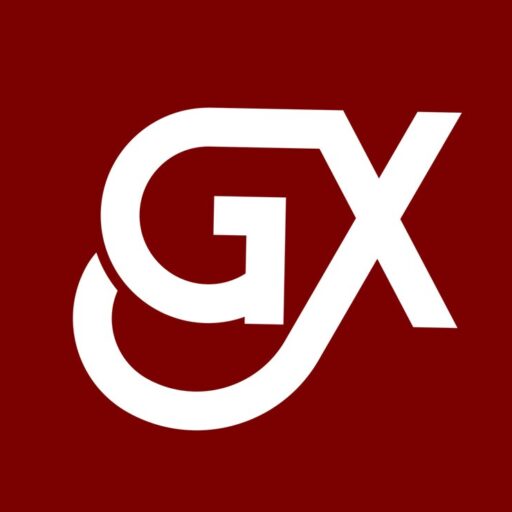More than a year after President Bola Ahmed Tinubu signed an executive order aimed at reducing the cost of drugs and pharmaceutical products, prices have continued to climb, leaving many Nigerians struggling to afford essential medications.

The executive order, announced on June 30, 2024, by Minister of Health Muhammed Ali Pate, was designed to stimulate local drug production by waiving import tariffs, excise duties, and Value Added Tax (VAT) on raw materials, equipment, and pharmaceutical machinery.
“The Order introduces zero tariffs, excise duties, and VAT on specified machinery, equipment, and raw materials, aiming to reduce production costs and enhance our local manufacturers’ competitiveness,” Pate wrote on X.
The policy followed the Federal Executive Council’s approval of Medipool, a centralized platform intended to ensure competitive pricing and nationwide distribution of essential medicines.
However, recent market data suggests the initiative has not achieved its intended impact. Prices of commonly used medications have surged across the country, with some drugs nearly doubling in cost.
A market survey conducted in August 2025 revealed the following increases:
Insulin rose by 29%, from ₦14,000 in June 2024 to ₦18,000
Glucometers increased by 41%, from ₦20,500 to ₦29,000
Metformin, used for diabetes, climbed 30%, from ₦500 to ₦650
Amlodipine, for hypertension, rose 33%, from ₦1,800 to ₦2,400
Exforge, another hypertension drug, jumped 83%, from ₦32,800 to ₦60,000
Malaria treatments saw even steeper hikes:
Coartem surged 124%, from ₦3,800 to ₦8,500
Artesunate injection rose 56%, from ₦1,600 to ₦2,500
Lokmal tablets more than doubled, increasing 104% from ₦1,200 to ₦2,450
While most prices have risen, a few drugs recorded modest declines. Augmentin dropped by 24%, from ₦18,500 to ₦14,000, and the Ventolin inhaler fell by 12%, from ₦8,500 to ₦7,500.
Health economists say the persistent inflation, foreign exchange volatility, and supply chain disruptions may be undermining the impact of the executive order.
Despite the tax relief measures, manufacturers and importers continue to face high operational costs, which are passed on to consumers.
While drug prices remain elevated, healthcare advocates are calling for a comprehensive review of the policy and additional interventions to ensure affordability and access for millions of Nigerians.
